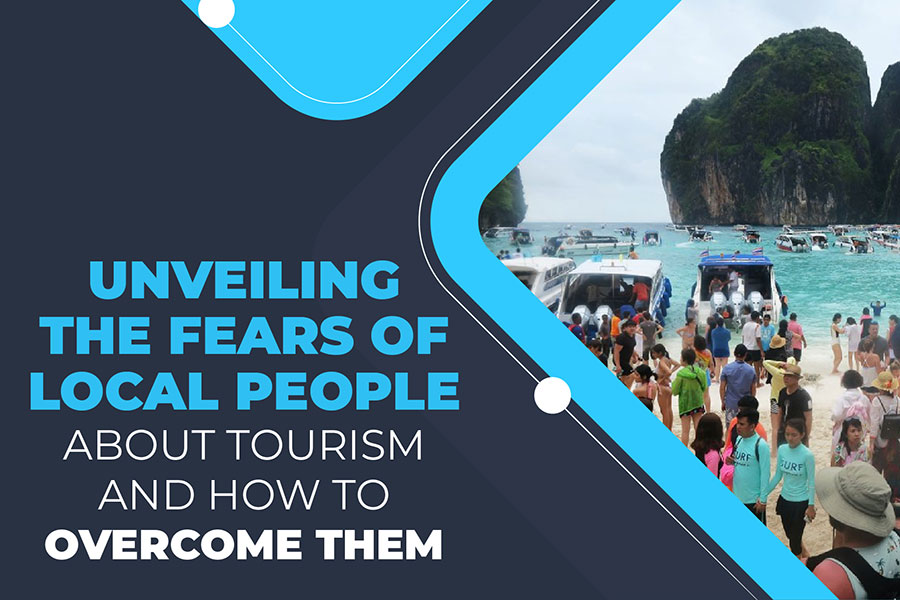Tourism experienced a colossal breaking point. People’s needs and mindsets changed forever, apparently for good, so traveling needs to reshape. We’ve previously discussed how the tourism industry is becoming more responsible and minded. However, there’s something that we haven’t thought about. The pandemic woke up people’s fears, especially tourism-related ones—the worry of welcoming visitors and being overcrowded again.
That’s why we decided to talk about the two types of tourism-related fears people have, how to overcome them, and reimagining the tourism industry to offer locals peace of mind.
Two tourism-related worries that keep communities sleepless
As humans, we are fearful of new things, even if it’s for building a new world. However, the pandemic broke the status quo and showed us that we’re not invincible. In fact, we’re much more fragile than we think. It also makes us realize what we like and what we don’t. That’s what happened with people from tourist destinations, especially those that suffered overtourism.
According to Frank Cuypers, Senior Strategic Consultant at Destination Think, people have two main fears related to tourism: Fact-based and psychological. Both developed due to mass tourism activities at the expense of people’s well-being.
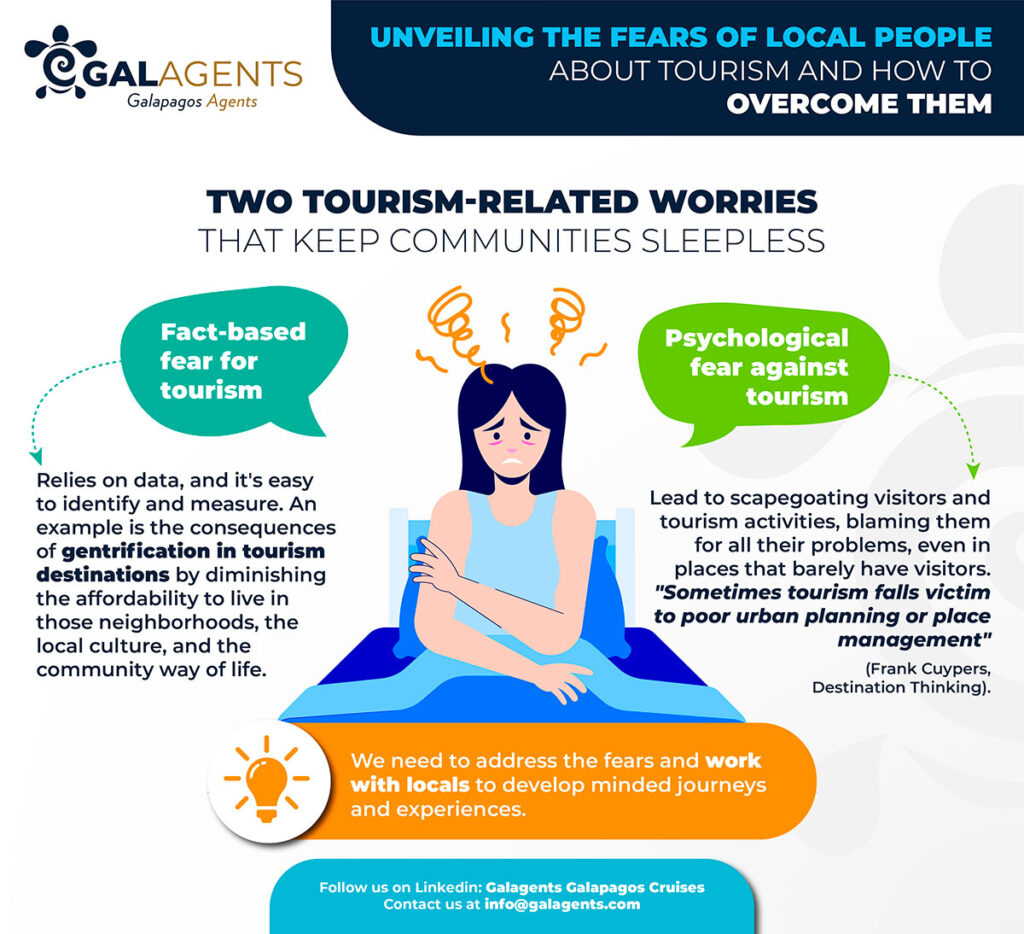
Fact-based fear for tourism:
This one relies on data, and it’s easy to identify and measure. An example is the consequences of gentrification in tourism destinations. National Geographic defines this term as “wealthy, college-educated individuals begin to move into poor or working-class communities (…) rising costs of living and a changing community culture.” Consequently, long-time residents, primarily low-income, can no longer afford to live in their neighborhoods. So, their local culture and way of life are diminished, as happened in Brooklyn in NYC.
Another example is the overcrowding of fragile ecosystems and urban areas due to unregulated tourism activity. That happened in Venice or Amsterdam, and Costa del Sol, for mentioning some of the most evident. But now more than ever, after COVID-19, local people are asking for regulations that stop tourism businesses from returning to older and harmful practices.
Psychological fear against tourism
On the other hand, psychological fear leads to people blaming tourists as responsible for all their problems, even in places that barely have visitors. People tend to panic after seeing the images of crowded streets in Barcelona, which weren’t initially designed to support the overpopulation, and the millions of visitors make it worse.
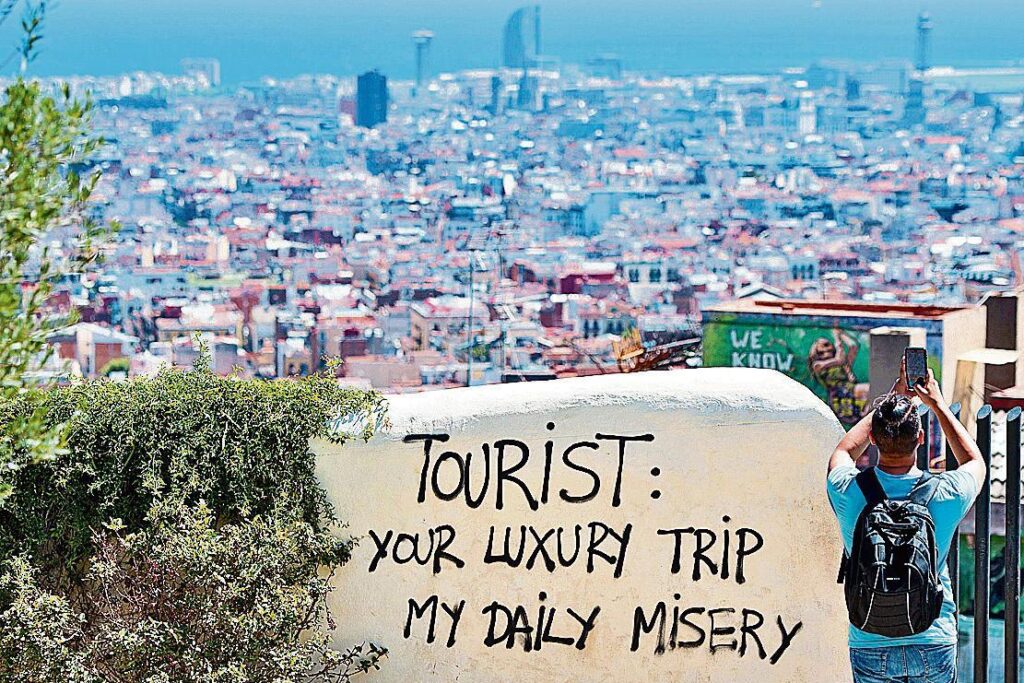
Photo by thetimes.co.uk
Due to the lack of regulations and policies, overtourism harmed many fragile ecosystems in Thailand. However, as Cuypers points out, “sometimes tourism falls victim to poor urban planning or place management.” Thus, the consequences have often been directed to tourism development, increasing the scapegoating in society against visitors because people want to keep their homes safe from them.
Facing the fears is tourism businesses’ duty, and overcoming them is the challenge.
No matter where the worries come from, we need to involve locals in developing post-covid tourism activities to overcome them and find accurate solutions.
How can we do it?
Let locals express their fears and open the discussion about how people can visit them and under which circumstances. However, it goes beyond having a few workshops with communities. We need to let them express their concerns about tourism development while actively listening to them.
We must genuinely involve them in designing authentic products and services and avoiding lip service. It’s time to reimagine the tourism service after mitigating the effects of the pandemic and then reactivating the industry.
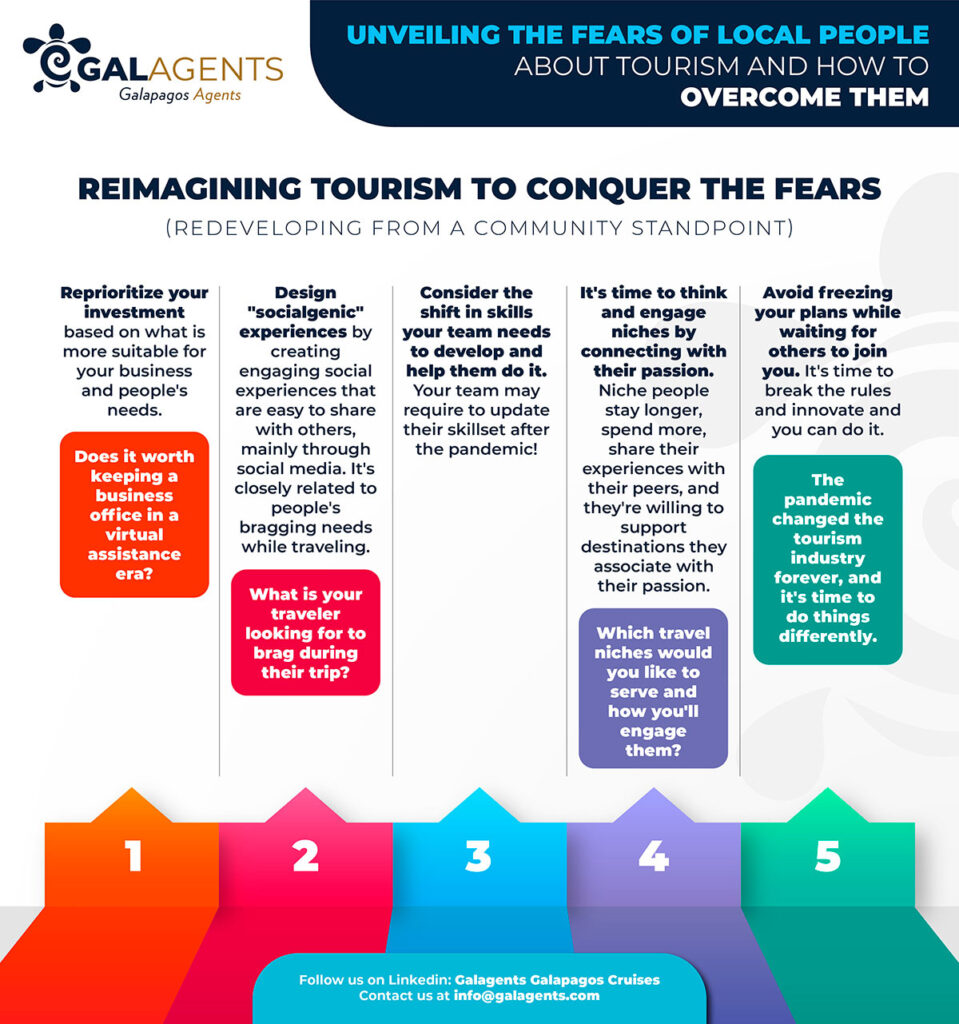
Reimagining Tourism to conquer the fears
Click here and download the infographics
As Destination Think states, “reimagining tourism is about redeveloping from a community standpoint.” However, you may be thinking, how can you do it? If so, don’t worry; we’re going to give you some pieces of advice:
1- Reprioritize your investment based on what is more suitable for your business, considering the changes in people’s minds and needs. Is it worth producing printing materials and keeping a business office in a virtual assistance era?
2- Design “sociogenic” experiences by creating engaging social experiences that are easy to share with others, mainly through social media. And, if you’re wondering what socialgenic means, it’s producing a connection and exchange between two or more people. It’s closely related to people’s bragging needs while traveling. So, what is your traveler looking for to brag during their trip?
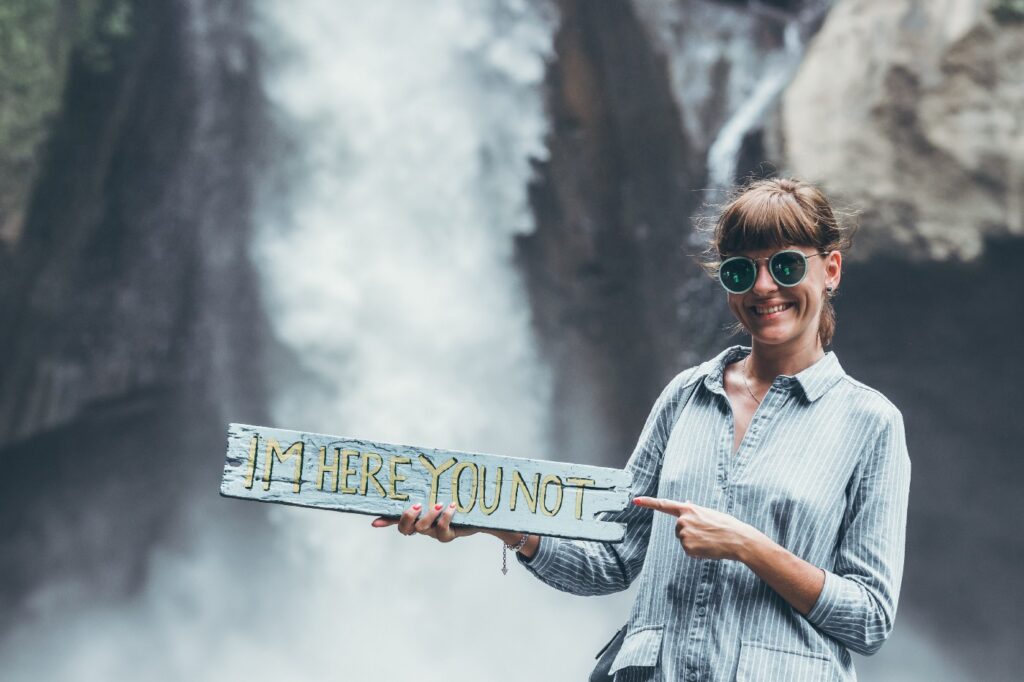
Photo from medium.com
3- Consider the shift in skills your team needs to develop and help them do it. Remember that everything abruptly changed or sped it up, forcing us to adopt new technologies and manage different situations. So, your team may require to update their skillset.
4- It’s time to think and engage niches by connecting with their passion. As Cuyper advised, people stay longer, spend more, and share their experiences with their peers when their desires are lighted up. Also, they’re willing to support destinations they associate with their passion. So, it’s time to think about which niches you would like to serve and how you’ll engage them.
5- Avoid freezing your plans while waiting for others to join you. That could be an excuse not to take action, considering that others may not want to follow your plan. Don’t forget that we’re used to avoiding pain and getting accustomed to how things are going. At this stage, the pandemic changed the travel and tourism industry forever, so “normal” won’t come back and evolve into a “new normal.” It’s time to break the rules and innovate by doing things differently.
Don’t forget that, as tourism businesses, we may feel tempted to come back to old practices that are no longer related to our current pandemic context. Local communities are afraid of the “normal” tourism practices, but we have to listen actively and find solutions together. In the meantime, travelers have become more travel-minded, reflecting how humans evolved after the pandemic. Then, we can develop more authentic experiences, considering everyone’s needs, that can connect and engage with the passion of new travelers.

